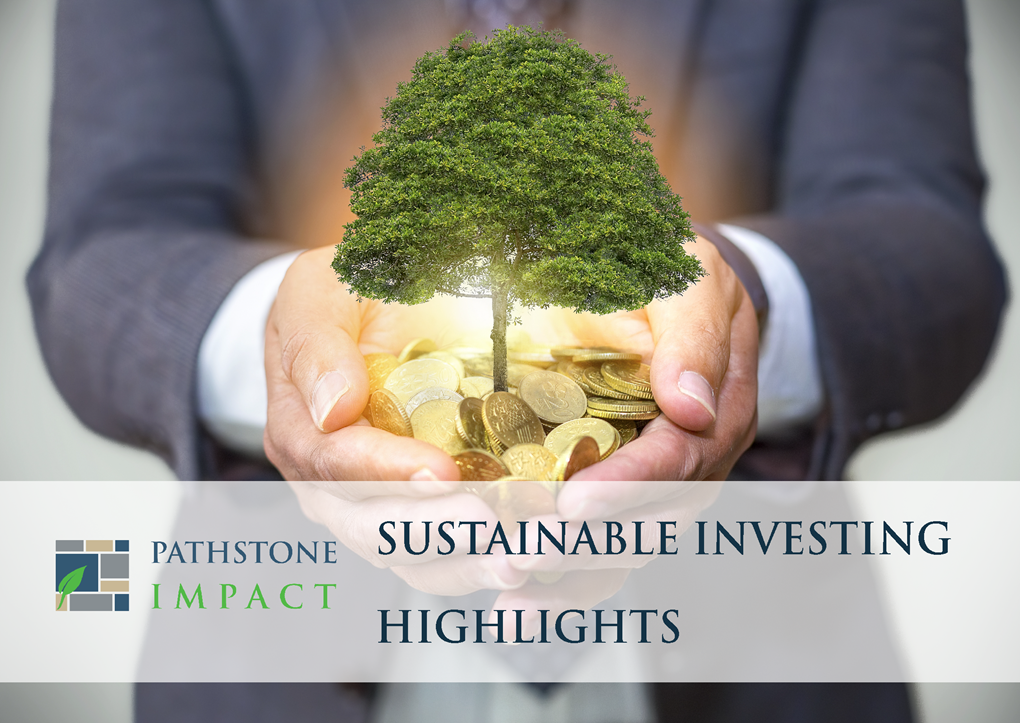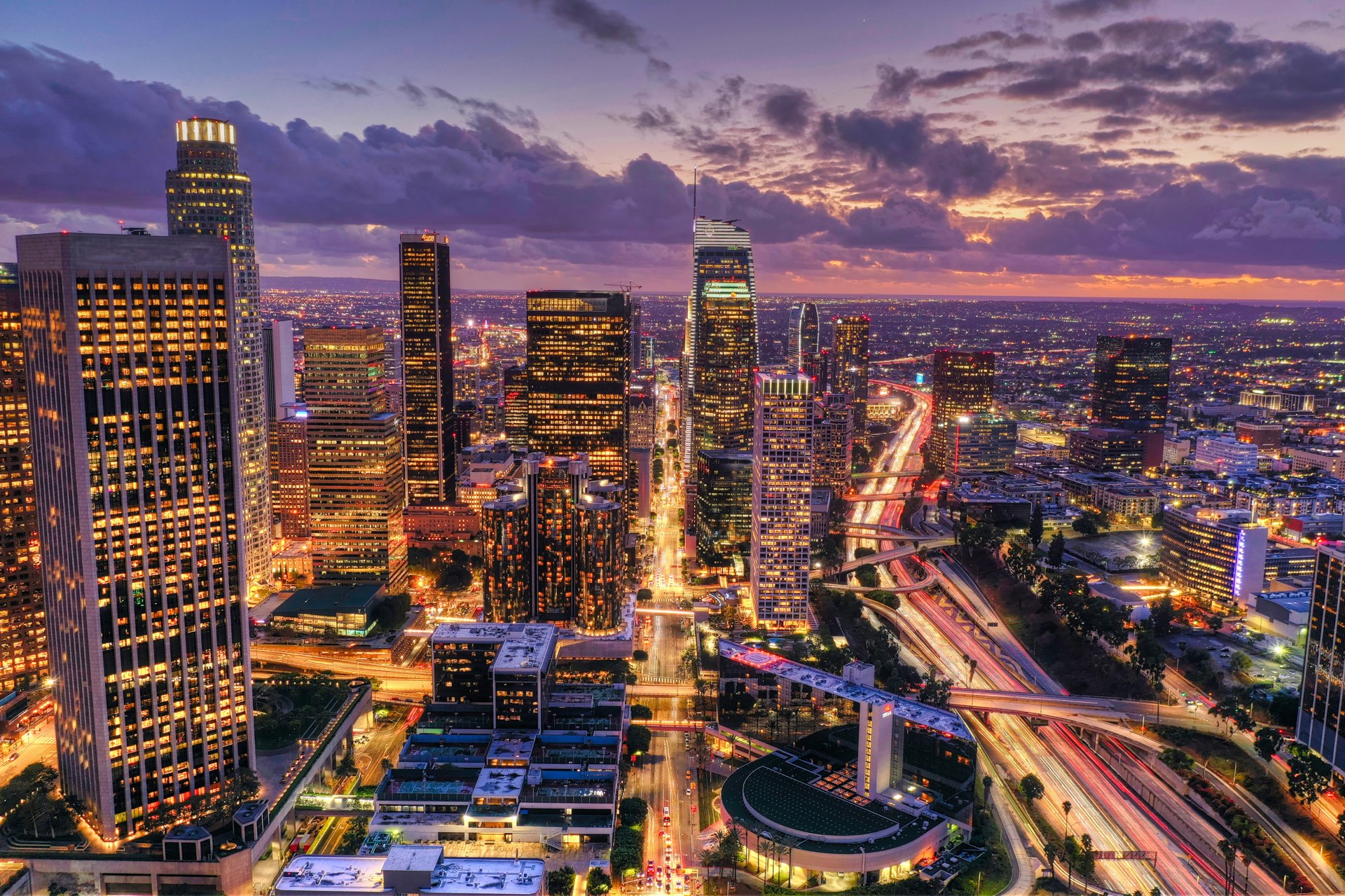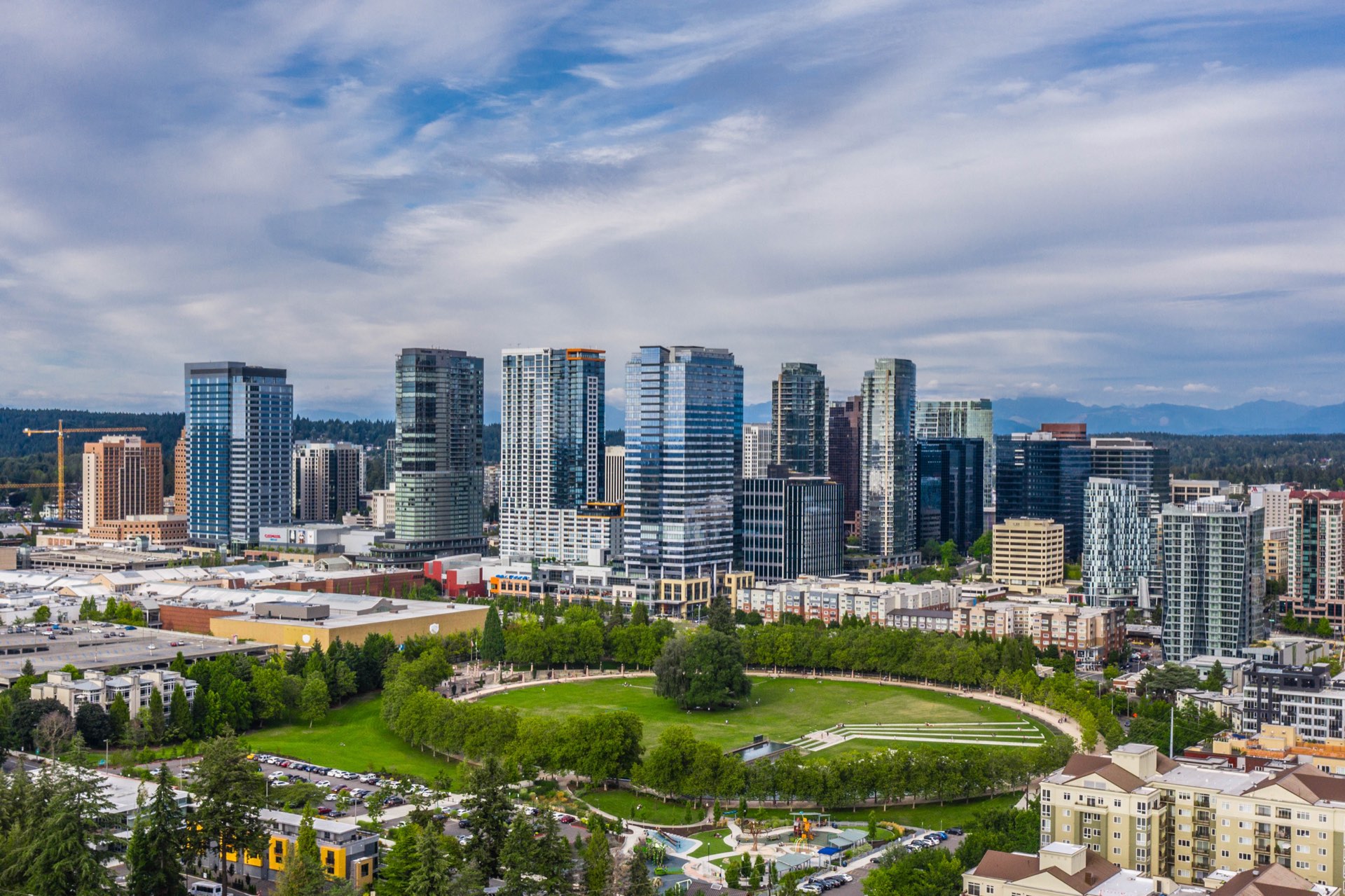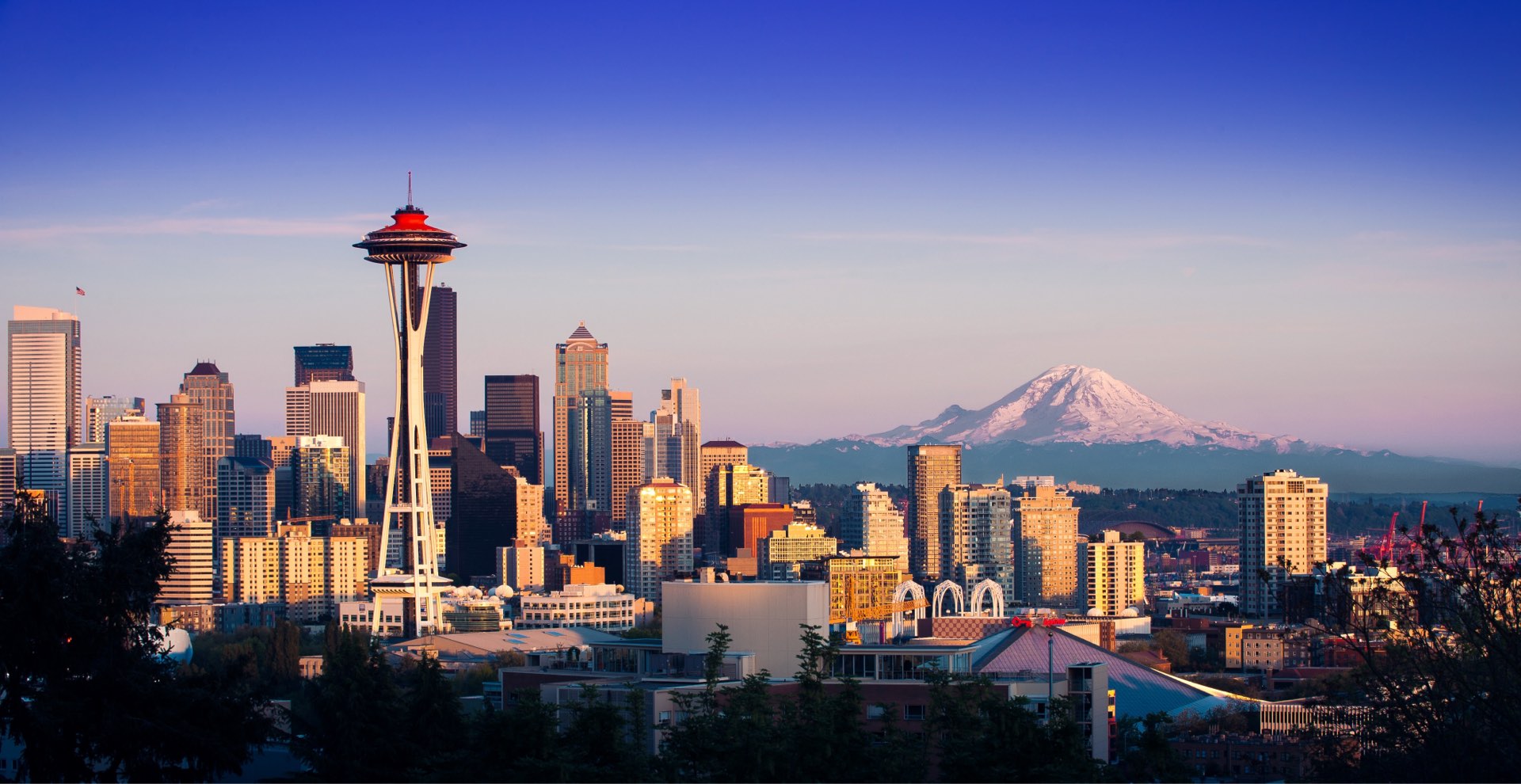Performance of ESG funds in a downturn
Amid a synchronized global market downturn triggered by the coronavirus and an oil price war initiated by leaders of Saudi Arabia and Russia, environmental, social, and governance (“ESG”) funds with a focus on “climate change” have outperformed “sin stocks.”
Even though ESG funds declined substantially in value during this new bear market, the funds have fared relatively better than their non-ESG counterparts as shocks triggered by the coronavirus and the fall in oil prices rocked global markets. Companies that score well along ESG dimensions are apparently “perceived to have strong business models that through their sound management of environmental and social issues have a degree of resilience in their structure that helps in time of crises.”
Similarly, according to HSBC and RBC analysts, ESG funds were able to outperform sin stocks due to increased recognition by asset managers that ESG materiality is relevant and meaningful. As a result of recent outperformance, one might expect heightened awareness of ESG strategies on Main Street and Wall Street.
Food insecurity
The novel coronavirus—a global pandemic affecting general ways of life, business, and government—has not only caused havoc but also changed consumer and societal behaviors, especially concerning the food we eat. The shared recognition that coronavirus originated from an exotic meat market in China has triggered consumers to begin rethinking their sources of food.
It is important to acknowledge that as the world population increases, food production and distributions through markets are important for societies to survive. However, “due to the global implications of the COVID-19 outbreak from a live Chinese food market, there could be ‘life or death’ implications on what food we eat, how we produce it, and where we buy it.”
The pandemic may also increase the demand for organic certification, adoption of sustainable agricultural practices, and expansion of the market share of vertical farming systems. Vertical farming has gained a lot of interest in urban centers to reduce already stressed distribution chains. The benefit of vertical farming includes lower emissions, water use reduction, and higher-nutrient products.
CEO compensation and stock buybacks under pressure
Policymakers are confronted by a unique challenge presented by the coronavirus outbreak. As they strive to support the global economy through innovative programs, including support of major corporations with loans and grants, they continue to face questions regarding the high level of compensation the chief executive officers (“CEOs”) are receiving as well as the related issue of stock buybacks, which can serve to support share prices along with CEOs’ bonuses. Unconstrained CEO pay is a pressing governance issue that investors and shareholders have sought to curtail through shareholder engagement and proxy voting. The ongoing pandemic may offer shareholders an opportunity to push CEO pay issues onto the agenda at shareholder meetings.
During the annual meetings, most of which are being held via video-conferencing, company management and shareholders are beginning to weigh in on the impact of coronavirus on business, as well as whether the companies should be able to buy back their stock or increase executive pay amidst the crisis.
The global economic downturn triggered by COVID-19 has heightened awareness of the need for sensible CEO pay policies, and CEOs around the United States have begun to forgo or reduce their paychecks. The reduced paychecks of CEOs may result from a combination of pressure from stakeholders as well as a recognition of the suffering of their employees and other vulnerable individuals who might be heavily impacted by the coronavirus pandemic.
Emissions decrease during the crisis
As the coronavirus has interrupted both business operations and social norms, it has also reduced global carbon dioxide. According to a forecast by the U.S. Energy Information Administration, greenhouse gas emissions are expected to decline due to the reduction in fossil fuel use. However, economists and policy analysts are concerned that the current business disruption caused by coronavirus will cause great harm to countries and businesses around the world, outweighing the benefits of reduced carbon emissions over the short term.
History indicates that global crises have often led to declines in greenhouse gas emissions. For instance, “the 2008 recession was accompanied by a temporary dip in global carbon emissions.” A recent report from China, the first country with severe coronavirus cases, indicated that emissions dropped by 25% as a result of lower manufacturing output and a change in consumer behavior.
When facing a clear and obvious threat from a deadly virus, governments around the world can rally their citizens to wash their hands, use hand sanitizer, and keep social distance in order to “flatten the curve.” These same governments have a far more challenging time rallying citizens and companies to change their behavior when faced with climate risk, which for many is a less clear and obvious threat, despite being deadly.
Please see the PDF version of this article for a full list of citations and important disclosures.




















